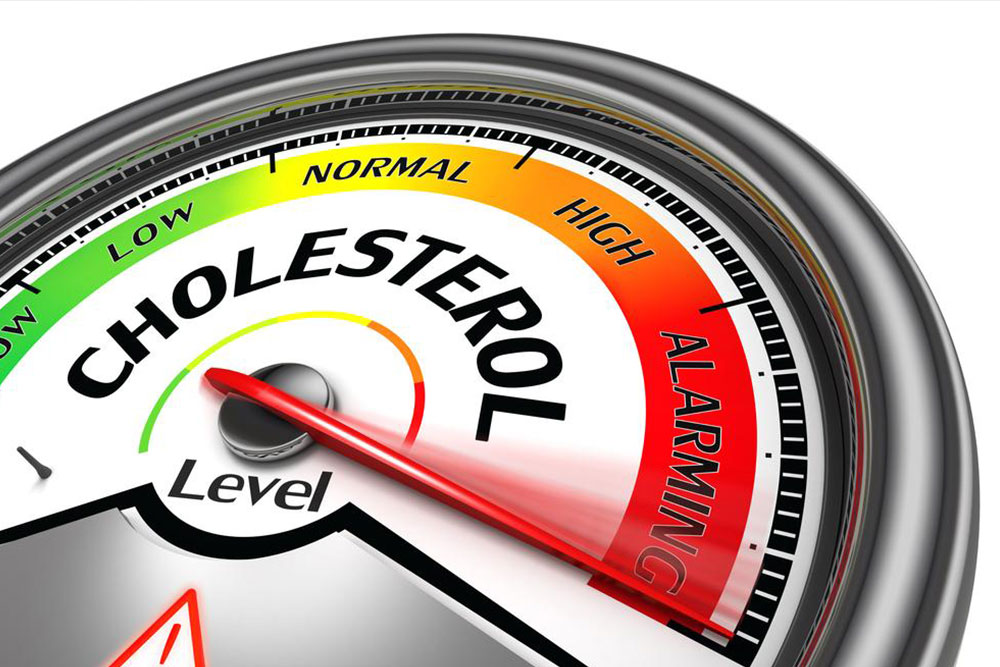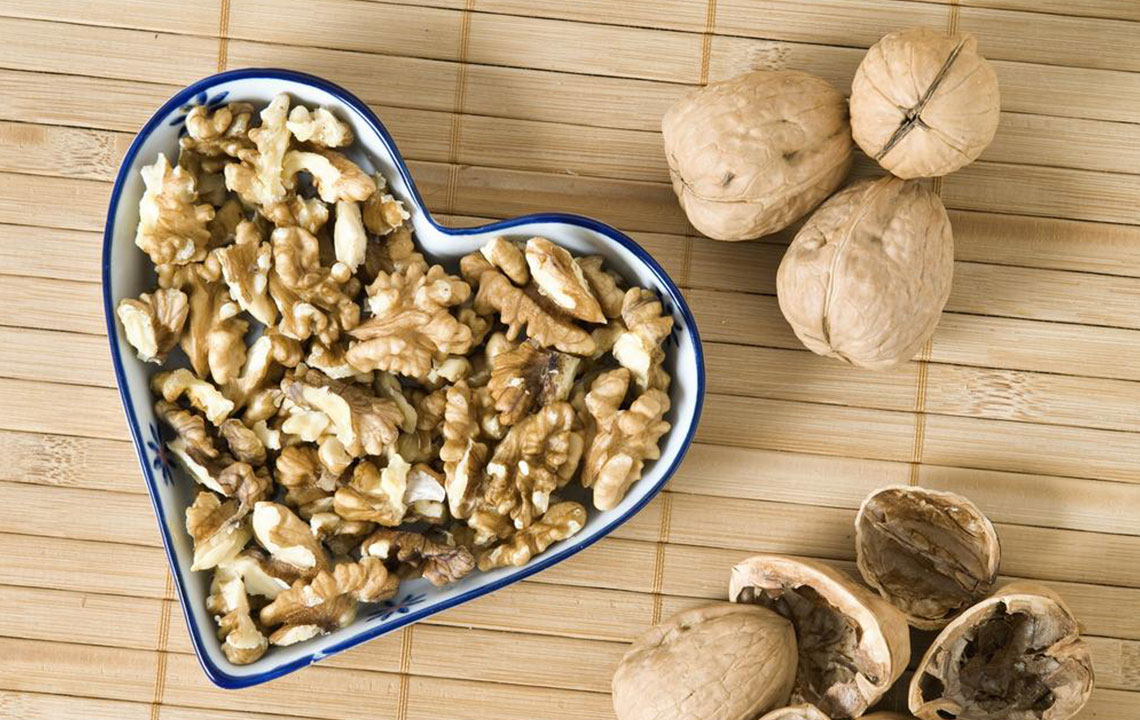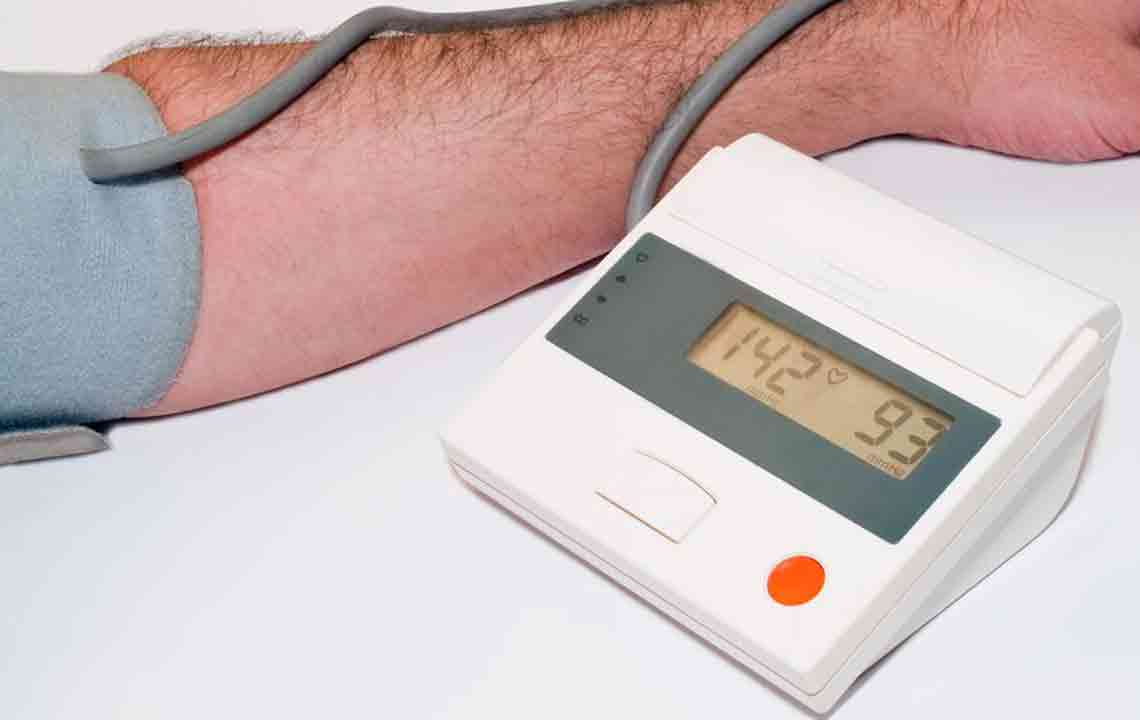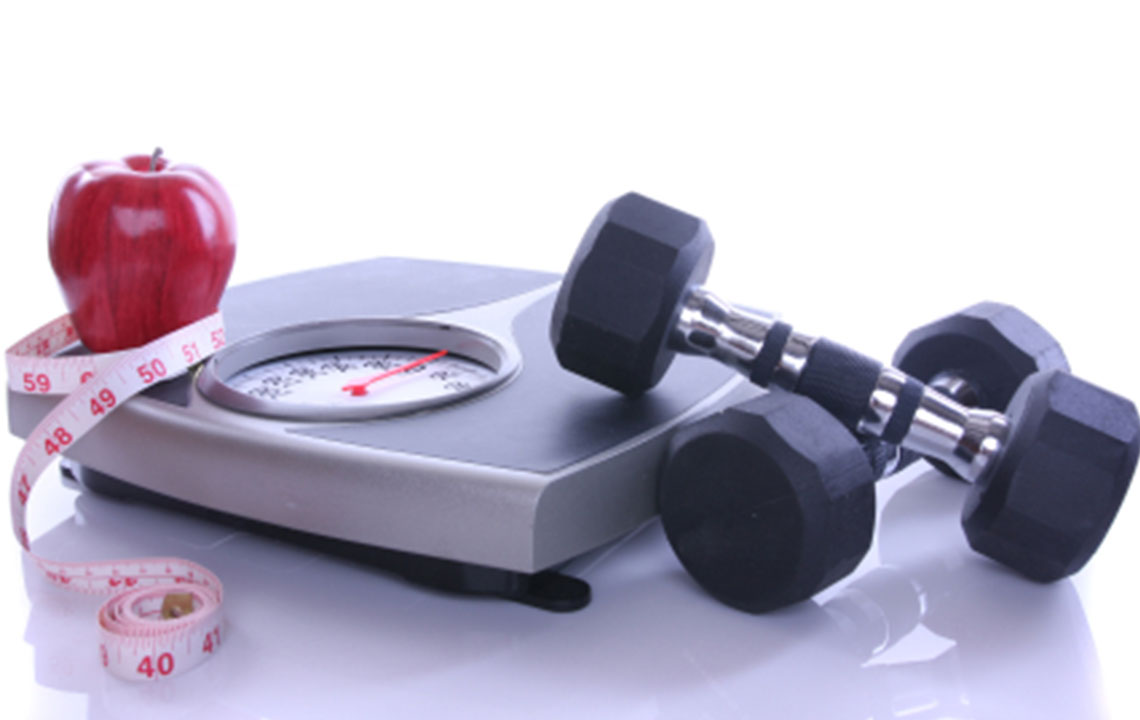Comprehensive Guide to Cholesterol Management: Prevention Strategies and Lifestyle Tips
This comprehensive guide explores the essential aspects of cholesterol management, including understanding HDL and LDL, dietary influences, lifestyle changes, and natural remedies. It emphasizes practical strategies for maintaining healthy cholesterol levels to prevent heart disease and promote overall cardiovascular health.
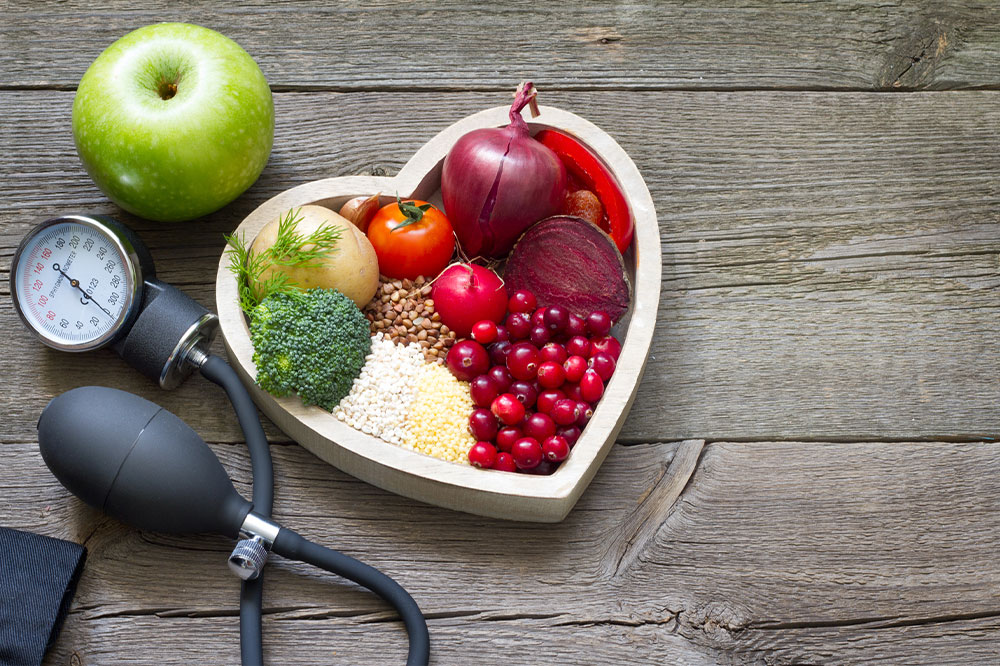
Comprehensive Guide to Cholesterol Management: Prevention Strategies and Lifestyle Tips
Cholesterol, a term derived from Greek roots meaning "bile" and "solid," is a vital substance recognized for its waxy, fat-like properties. It’s present in all mammalian cell membranes and plays an essential role in numerous physiological processes, including hormone production, vitamin D synthesis, and dietary digestion. The human body naturally synthesizes sufficient cholesterol to meet its needs; however, dietary habits and lifestyle factors can influence blood cholesterol levels significantly. An imbalance—particularly elevated levels—can pose serious health risks, especially for cardiovascular health.
Understanding how cholesterol functions within our bodies and how to manage its levels effectively is crucial for maintaining overall health. This guide delves into the roles of different types of cholesterol, influential factors impacting cholesterol levels, and practical strategies for prevention and management. Emphasizing lifestyle interventions, dietary recommendations, and when necessary, medical options, this comprehensive overview aims to arm readers with knowledge to prevent heart disease and promote longevity.
Understanding HDL and LDL Cholesterol: The Good and the Bad
Cholesterol is transported through the bloodstream via specialized lipoprotein particles—primarily low-density lipoproteins (LDL) and high-density lipoproteins (HDL). These two forms of cholesterol serve contrasting functions that influence cardiovascular health profoundly. Blood tests measuring LDL and HDL enable healthcare providers to assess an individual’s risk profile accurately.
LDL, often called "bad" cholesterol, contributes to the formation of fatty deposits within arterial walls, leading to atherosclerosis. Over time, this buildup narrows arteries, impeding blood flow and increasing the risk of heart attacks and strokes. To mitigate this, reducing LDL levels is a primary goal in cholesterol management.
On the other hand, HDL acts as a "cleanup crew," collecting excess cholesterol from arteries and transporting it back to the liver for excretion or recycling. Higher HDL levels are associated with a decreased risk of heart disease. Strategies to elevate HDL include regular physical activity, smoking cessation, and dietary modifications. Striking a balance between these two lipoproteins is essential for optimal cardiovascular health.

The Impact of Dietary Fats on Cholesterol Levels
The types of fats consumed greatly influence blood cholesterol profiles. Not all fats are detrimental; in fact, some are beneficial for heart health. Unsaturated fats, commonly found in vegetable oils such as olive, canola, and sunflower oil; nuts; seeds; and fatty fish like salmon, mackerel, and sardines, are known to support healthy cholesterol levels. These fats help increase HDL and reduce LDL cholesterol, offering cardiovascular protection.
Conversely, certain fats should be limited or avoided. Trans fats, artificially created through hydrogenation processes used in many processed snacks, baked goods, and fried foods, are particularly harmful as they raise LDL and lower HDL levels. Saturated fats, prevalent in red meats, full-fat dairy products, and fried foods, can also elevate LDL cholesterol if consumed excessively. To improve lipid profiles, it's advisable to focus on incorporating healthy fats while minimizing intake of trans and saturated fats.
A balanced diet emphasizing wholesome fats, fiber-rich foods, and nutrient-dense ingredients is essential for managing cholesterol effectively. Making mindful food choices not only prevents the development of cardiovascular disease but also enhances overall well-being.

Lifestyle Changes to Naturally Lower Cholesterol
Lifestyle modifications are at the core of effective cholesterol management. Implementing a heart-healthy diet, increasing physical activity, maintaining a healthy weight, and avoiding detrimental habits like smoking can yield significant improvements in blood lipid levels.
Dietary strategies include increasing soluble fiber intake—found in oats, beans, lentils, fruits, and vegetables—which binds cholesterol in the digestive system and promotes its elimination. Reducing or eliminating trans fats by avoiding processed foods, fast foods, and fried snacks is equally important. Achieving and maintaining a healthy weight reduces the workload on the heart and can naturally elevate HDL cholesterol while lowering LDL levels.
Physical activity plays a pivotal role. Engaging in at least 150 minutes of moderate aerobic exercise, such as brisk walking, cycling, or swimming per week, can boost HDL and improve overall cardiovascular health. Strength training exercises further enhance metabolic health and support weight management.

Incorporating Heart-Healthy Foods and Natural Supplements
Complementing lifestyle changes with certain foods and natural remedies can significantly impact cholesterol levels. Incorporate herbs like garlic, ginger, turmeric, and cinnamon, which contain antioxidants that support vascular health and may help reduce LDL cholesterol.
Moderate red wine consumption has been associated with increased HDL and reduced cardiovascular risks, thanks to its antioxidant polyphenols. Dark chocolate, especially varieties with high cocoa content, supplies flavonoids that protect artery walls and improve endothelial function. Additionally, including soy foods, such as tofu and soy milk, provides plant-based protein and lowers saturated fat intake.
Healthy fats like extra virgin olive oil, leafy greens, mixed nuts, and fatty fish should form the foundation of a heart-healthy diet. When lifestyle modifications are not sufficient, healthcare providers might recommend medications such as statins to achieve optimal cholesterol levels and reduce the risk of cardiac events.
In conclusion, managing cholesterol is a multifaceted process involving dietary choices, regular exercise, weight management, and, when necessary, medical intervention. Proactive management of cholesterol levels can significantly reduce the risk of developing serious cardiovascular conditions. By staying informed and making lifestyle changes, individuals can improve their heart health and enjoy a longer, healthier life.
